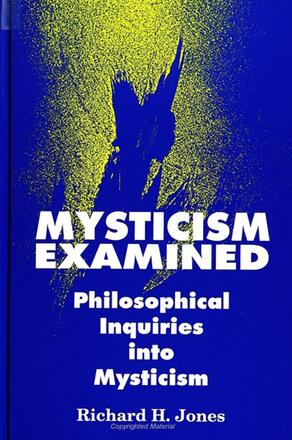
Mysticism Examined
Philosophical Inquiries into Mysticism
Alternative formats available from:
Description
Mysticism presents a challenge to anyone who is interested in fundamental questions about the nature of reality, knowledge, and how we should live. In this book the author examines questions posed by mysticism. He clarifies the nature of the claims advanced by Western and Asian mystics, and explores the beliefs and values of classical mystical ways of life for their interconnections and reasonableness. Jones discusses whether all mystical experiences and all mystical claims of knowledge are similar, and examines the relation of concepts and experiences in mystics' claims. Also presented are standards for evaluating competing mystical claims, and mystics' problems with language. Whether mystics' arguments are rational is investigated along with the relation of moral and non-moral values and the role of beliefs and values in enlightened mystics' ways of life. Mysticism's relation to the enterprises of science, theology, psychology and ethics is also examined.
Reviews
"The value of the book lies in the author's ability to draw connections between the work of mystics and contemporary debates in epistemology, the philosophy of science and philosophical psychology. " — David Wisdo, Susquehanna University